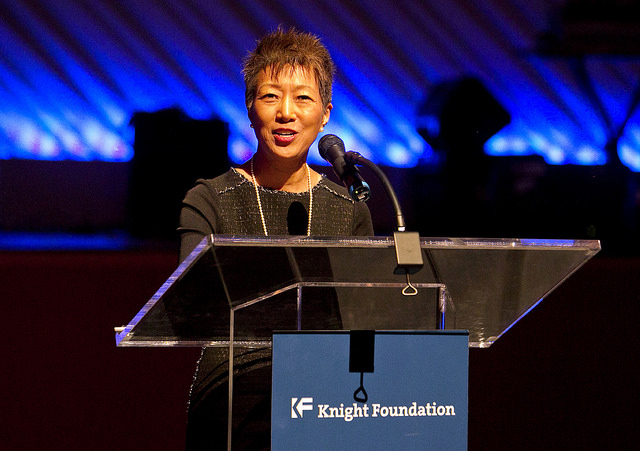Jane Chu at the 2014 Knight Arts Challenge South Florida. Photo by Patrick Farrell. South Florida arts organizations received a share of more than $29 million handed out Tuesday by Jane Chu, director of the National Endowment for the Arts (NEA), during a visit to Pérez Art Museum Miami. Twenty-seven organizations across Florida received $650,000. […]
Article · December 4, 2014 by Patrick Ogle
